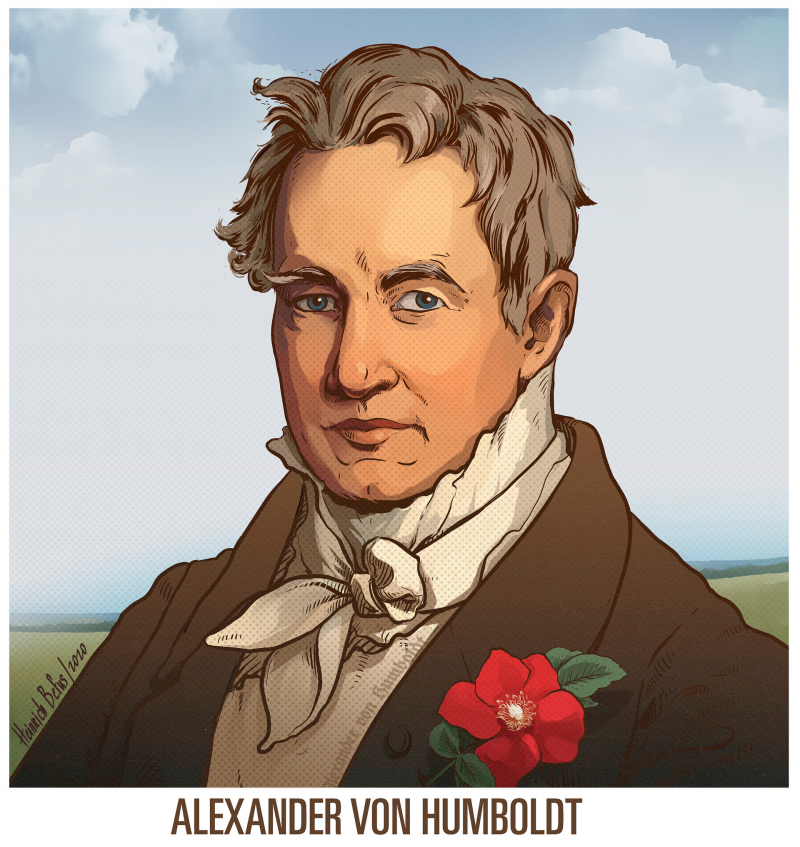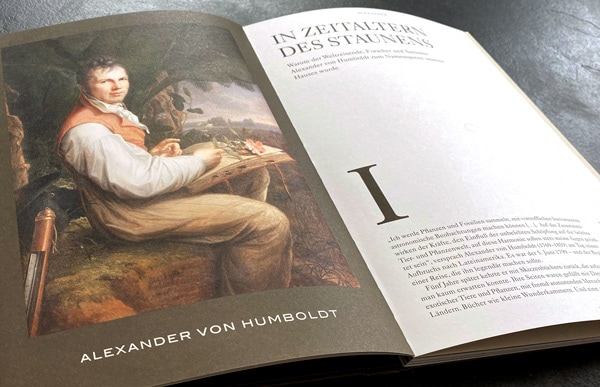He is remembered as a forgotten father of environmentalism
The indispensable thing when it comes to interesting facts about Alexander von Humboldt is that he is remembered as a forgotten father of environmentalism.
Alexander von Humboldt transformed the Western concept of nature by describing it as an interconnected living web, inspiring thinkers ranging from Darwin to Thoreau.
25,000 people marched through New York on September 14, 1869, to commemorate the centennial of the birth of German scientist Alexander von Humboldt. The cobblestone streets of Manhattan were lined with flags, and even the ships on the Hudson River were festooned with colorful bunting. By early afternoon, crowds had gathered in Central Park to witness the unveiling of a large bronze statue of Humboldt. Despite the fact that Humboldt had died ten years before, he was still the most celebrated scientist of his time. Street parades were held throughout the United States, from San Francisco to Philadelphia, and from Chicago to Charleston, as well as in Australia, Germany, Mexico, Russia, and Egypt.
Almost forgotten today—at least in the English-speaking world—in his day, Ralph Waldo Emerson described Humboldt as "the most famous man after Napoleon" and "one of the world's wonders." The Humboldt Current, which runs along the west coast of South America, bears his name, as does the Humboldt penguin. There are four counties, 13 towns, a river, bays, lakes, and mountains named after him in North America alone—and the state of Nevada was almost named Humboldt when it was debated in the 1860s.









